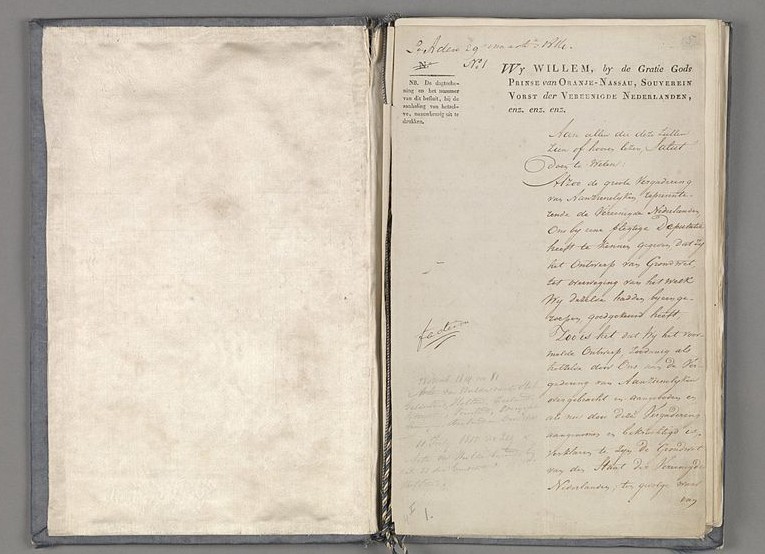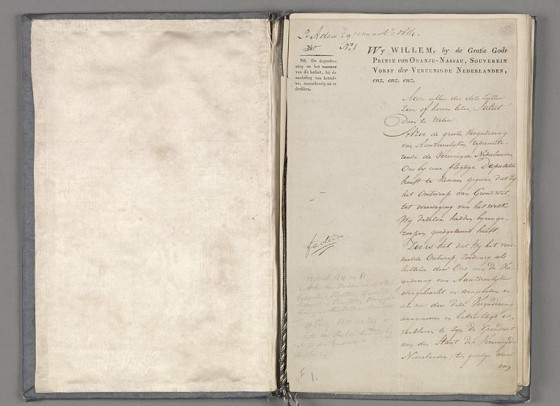‘Participation declaration is bombastic cocktail of norms, values and culture’


Why bother with a tutti frutti of norms, values and culture for newcomers if you have a perfectly serviceable constitution to fall back on? asks Bas de Gaay Fortman, a former GroenLinks MP turned Utrecht University professor.
‘Welcome to the Netherlands!’ Such is the ringing participation declaration’s greeting to the ‘newcomer’ – who is likely to have been living there for a while. What follows is a kind of citizens’ declaration of faith in which values, norms and culture are mixed like a cocktail.
That a large majority of MPs ‘(VVD, PvdA, PVV, CDA, SGP, 50plus and a few splinter parties) passed this text is mind boggling.
The bill brings in a new element to the integration process. ‘The core values of Dutch society’ are not to be shrugged off, the explanatory memorandum warns. That is why all those who are required by law to follow an integration programme must ‘express’ their allegiance to the Netherlands. Because ‘We’ (is this a royal ‘We’?) feel participation, and those values, are very important.
The first ‘core value’ presented to the newcomer is freedom. And yet that freedom does not include the freedom to simply acknowledge what ‘we’ find so important and carry on.
Promote
In order to obtain citizenship, the candidate must declare to ‘be aware of the… values of Dutch society’ and to be ‘happy to help promote them’. ‘I declare that I actively want to contribute to Dutch society and I count on being given the opportunity and cooperation of my fellow citizens to do so,’ the declaration goes. Not signing this text results in a fine of €340 which can be levied repeatedly and a refusal of Dutch citizenship.
It is not unlikely that the senate will make mincemeat of this bill.
How could this happen? At the heart of it is a strange thought that appears to have taken root, namely that the state should require people to sign their names to a list of values and tell them to promote them.
What the government is talking about is a not a set of values, but a set of rules, also called ‘norms’. The Dutch constitution contains a set of norms which do indeed generate ‘core values’. Human dignity and equality, for instance, result from the principle of equal treatment and the ban on discrimination (article 11).
Freedoms
The principle of freedom engenders freedom of religion, freedom of speech and freedom of assembly, association and demonstration (articles 6, 7, 8 and 9). From the principle of solidarity spring social security, shared prosperity and several other norms, among which those that refer to liveability and the environment (articles 19 to 23). These are norms that cannot be deviated from, the king said in his latest speech from the throne. They apply to us all.
It would be natural to familiarise newcomers with such norms that have been anchored in society. But they don’t put in an appearance in the participation declaration. Why not, when social affairs minister Lodewijk Asscher is one of the few people who refer to the constitution during parliamentary debates?
Why oblige newcomers to swallow this unwieldy cocktail of values, culture and norms? Why not simply put the constitution centre stage? Can it be a slight fear that the new Dutch will become familiar with a fundamental document when most natives don’t have a clue?
Oath of allegiance
In the United States newcomers have been required to swear an oath of allegiance to the country from as early as 1795. It was an understandable move by a country that had just shaken off colonial occupation. Part if the original text, which is still used, is the promise to ‘support the constitution’. The same promise would be appropriate here.
Apart from the constitutional principles there are, of course, values which refer to Dutch citizenship. Erasmus named them as: unity coupled with tolerance, religious peace, benevolence and a sense of civic duty. A modern reading of the latter is ‘participation’. Now it has become a signature under a bombastic declaration. Behold the tragicomedy that is our administrative culture.
This column appeared earlier in the Volkskrant
Bas de Gaay Fortman and his grandson Olivier de Gaay Fortman have created a website called the Grondwetwijzer where voters can test the constitutionality of the political parties’ policies.
This translation was updated on April 11 to clarify some sections.
Thank you for donating to DutchNews.nl.
We could not provide the Dutch News service, and keep it free of charge, without the generous support of our readers. Your donations allow us to report on issues you tell us matter, and provide you with a summary of the most important Dutch news each day.
Make a donation